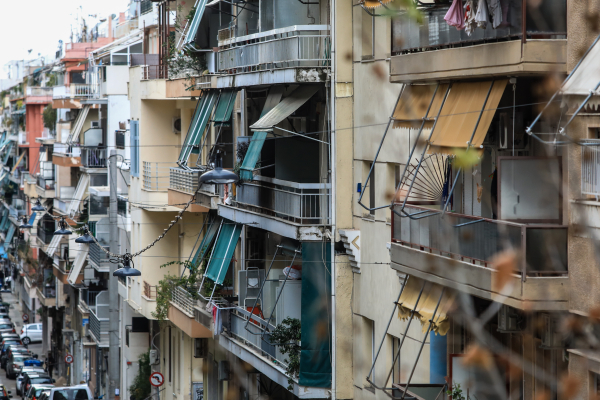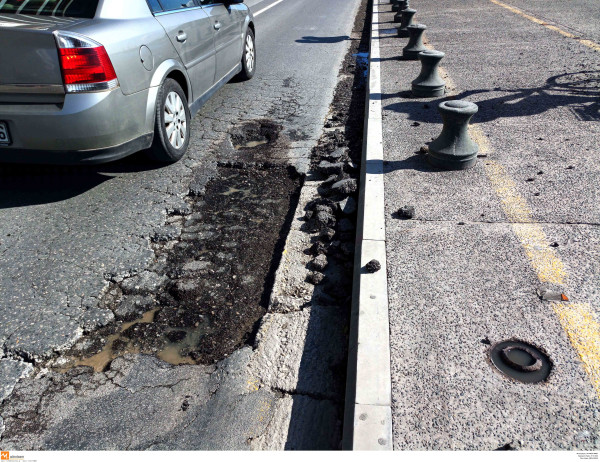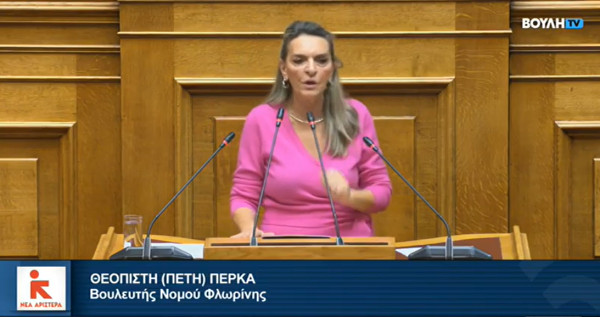Greece is grappling with a growing housing crisis, as an estimated 250,000 homes nationwide require significant renovation before they can be inhabited. According to real estate industry experts, this figure has risen sharply in the wake of the country’s prolonged financial crisis, which left many property owners unable to afford the necessary repairs. As a result, thousands of properties remain vacant and neglected, exacerbating an already critical shortage in the housing market. This lack of available, livable homes is one of the key drivers behind soaring sale and rental prices—figures that have become increasingly detached from the reality of average Greek incomes.
The crisis is sparking mounting frustration among citizens, particularly on social media, where criticism is being directed at government-backed initiatives such as the “My Home” program. While intended to help young people acquire their first property through subsidized loans, the program has had the unintended consequence of inflating demand in a housing market with limited supply. As the Association of Real Estate Agents in Athens and Attica predicted, this surge in demand has only pushed prices higher, making it even harder for prospective buyers to find affordable housing. Although some applicants have already been approved for assistance, many are struggling to locate reasonably priced properties and are instead turning to overpriced, older homes—many of which require costly upgrades.
Official data from Greece’s statistical authority, ELSTAT, show that nearly half of the country’s empty homes were built between 1961 and 1980. These aging buildings often fall short of modern living standards and require substantial investment to become habitable. To address this challenge, the Greek government has introduced a new €50 million program called “Renovate and Rent,” which offers to subsidize up to 60% of renovation costs, with a maximum grant of €8,000. The program targets owners of small, vacant properties—up to 100 square meters—that have remained unoccupied for at least three years and are not currently being used as primary residences.
Despite the generous terms, there are concerns about whether the program can have a real impact, given the high cost of construction and renovation in Greece today. However, some data offer a more optimistic outlook. A recent analysis by ReDataset found that renovated properties can fetch up to 15.1% higher rents in areas such as Anixi, with similar rental increases observed in towns like Skala Oropou and Artemida. That said, the effect is not consistent across the country. In Halandri, a well-known suburb of Athens, extensive renovations have not led to any significant change in rental prices.
Digital real estate platform Protio reports that in certain cases, renovating a property can boost rental income by as much as 26%, depending on the location and specific features of the home. Beyond the financial return, renovated properties also offer tenants improved quality of life, including better energy efficiency and a reduced environmental footprint—benefits that are becoming increasingly important in both urban planning and tenant decision-making.
Some neighborhoods have seen dramatic spikes in rent directly linked to increased renovation activity. In Ymittos, rents have surged by 74.4%, while Dafni and Kolonaki have experienced jumps of 30.3% and 28% respectively. Even in traditionally sought-after areas like Ampelokipoi, rental prices are up nearly 19%.

























